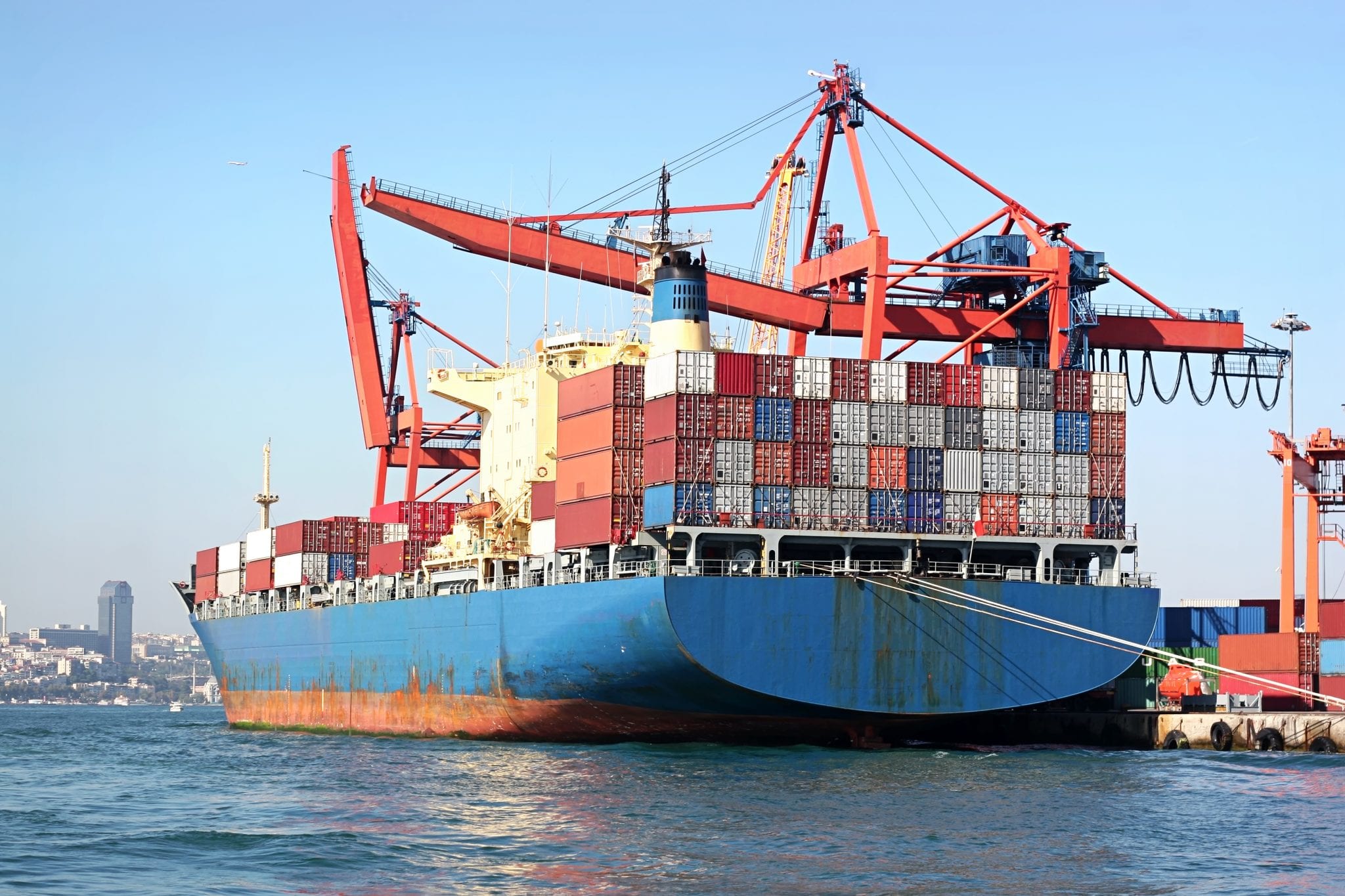Tariffs are a popular remedy to maintain a favorable balance of trade and create domestic jobs. Some believe tariffs will foster a renaissance of American manufacturing, but let’s consider the facts.
America has six million unfilled jobs, with almost every industry desperately trying to hire qualified personnel. Our trade surplus is widening as these trade wars progress, and international relations are very stressed.
Free trade allows buyers and sellers to be winners and facilitates comparative advantage and the division of labor. For example, iPhones are designed and engineered in the United States, manufactured in China, and sold worldwide. China assembles the iPhone, but many countries provide the components, software, and technologies for this amazing computer.
Apple is now enduring tariffs imposed on China and restrictions on the sale of technologies to Chinese companies such as Huawei. Chinese buyers have reduced their purchases of iPhones because of American tariffs. If the U.S. imposes tariffs on the importing of iPhones, it will have a very adverse impact on Apple and its suppliers. More importantly, Americans rely on iPhone technology in every industry to operate their businesses; for example, chefs store their recipes, contact their users, and order food from this small device.
Tariffs are the favorite ploy of the Mercantilist; however, the unintended consequences of tariffs abound, causing pain for many industries, including agriculture, energy, steel, automotive, retail and, now, information technology. Most all U.S. industries are losing sales momentum because of tariffs or concerns about tariff policy. This means GDP might quickly revert from a robust 3 plus percent to under 2 percent.
The steel industry, protected by 25 percent tariffs since Q-1 of 2018, is doing poorly since the imposition of these tariffs. In January 2018, U.S. Steel stock traded at $44 a share; now after 15 months of tariffs, the stock has declined to $11, and many analyses have “Sell” ratings on the stock. Investors who purchased the stock at $44 believing that tariffs would yield large profits have lost 75 percent of their investment.
U.S. industries using steel lost 200,000 jobs during the Bush steel tariffs earlier in this century. Many small companies permanently shut down and, in many cases, buyers purchased finished products on the international market, which were not subject to tariffs.
The U.S. automobile industry is suffering a similar decline due to excessive regulation, high labor costs, and, now, onerous tariffs. General Motors stock trading at $33 has declined from $44 in the last 17 months. If tariffs are imposed against all Mexican imports, GM will continue to lose sales and jobs.
Retail sales have been decimated by competition and obsolete business models, which has resulted in the closure of thousands of retail stores. If additional tariffs are imposed on retail goods, it will be catastrophic for this industry. New tariffs will also force consumers to buy higher-priced goods and effectively lower their standard of living.
Tariffs undermine supply chains, which take many years to develop and are not easily transferred to new locations. Disruptions in supply chains make our economy less efficient and less reliable. Quality is also undermined, as manufacturers seek ways to save money or substitute components. Moving a plant from China to another country will not change our balance of payments, but will increase costs and create supply disruptions.
Lastly and most importantly, tariffs undermine trading and international relations. It takes years to develop strong relationships, which tariffs undermine when implemented. T.J. Watson, Chairman of IBM, often stated, “World peace through world trade.”
Thanks to our founders, America’s 50 states provide the best unilateral free trade zone in history. Every American benefits from this system, which allows us to produce 24 percent of the world’s GDP.
Free trade facilitates goodwill among nations and allows all nations to prosper. Modern international trade is making almost every person in the world better off economically.
There are no long-term winners in trade wars. Investment in the United States is declining because trade instability creates uncertainty, which impedes long-term investment. It’s imperative that we end the trade wars and return to free markets and certainty.
Small countries such as Hong Kong and Singapore have proven, definitively, that the principles of free trade, low taxes, and moderate regulations create permanent prosperity.
It is time for America to reject tariffs and to enjoy the many benefits of free trade, which have helped to make America the richest country in the world.






















